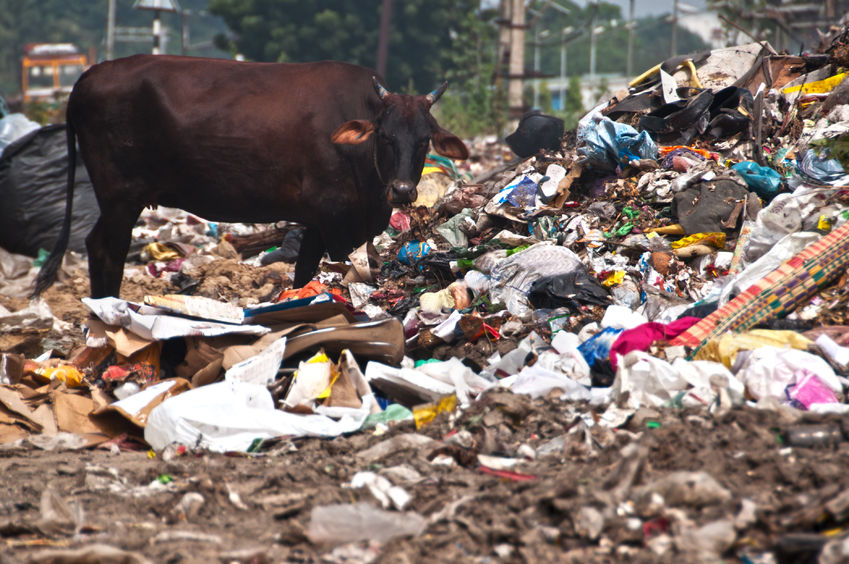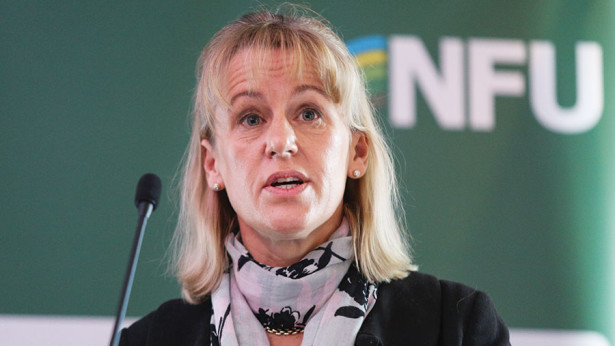
The National Farmers' Union (NFU) has said that the government’s new litter strategy for England is a missed opportunity to fully tackle the scourge of fly tipping as an environmental crime.
Published yesterday (Monday 10 April) the strategy intends to curb littering, with proposals for new enforcement, education and community engagement to reduce the £800m burden to the taxpayer of clean-up costs.
One of the measures include offenders on community sentences, including people caught fly-tipping, helping councils clear up litter and fly-tipped waste.

NFU Deputy President Minette Batters said: “On face value, one of the new proposals to force fly-tippers to clean up their own rubbish via community service is a step in the right direction, but this would rely on the perpetrators being caught and prosecuted first.
“This is a fundamental problem because the NFU does not believe that existing powers for enforcement are being fully utilised, so we are pressing the Magistrates' Association to ensure its members are fully aware of the requirements of the Environmental Offences Definitive Guidelines. Magistrates need to make full use of their sentencing powers and provide a real deterrent against fly-tipping.
£50m to clean rubbish up
The cost of clearing up fly-tipping in England has hit nearly £50 million, with councils having to deal with almost 900,000 incidents every 12 months.
Fly-tipping is a serious issue that many farmers deal with on a daily basis. It is seen as an inconvenience and costly, often running into thousands of pounds to rid their land of the rubbish dumped by criminals.
Deputy President Batters continued: “There are a couple of positive points in the report that we are pleased to see. We support the recommendation to stop councils from charging householders for the disposal of DIY household waste at local waste centres, because household waste is supposed to be free to dispose of at such sites.
“We also fully support the call to help smaller businesses - including farmers - to use existing waste collection and disposal infrastructure more effectively and at proportionate cost. This will help to make recycling and responsible waste disposal cheaper and more convenient.
“In particular, we want to encourage local authorities to consider whether Household Waste Recycling Centres, and other recycling facilities, could be adapted to accept waste and recycling from local traders or small business at an affordable cost to the user.”
